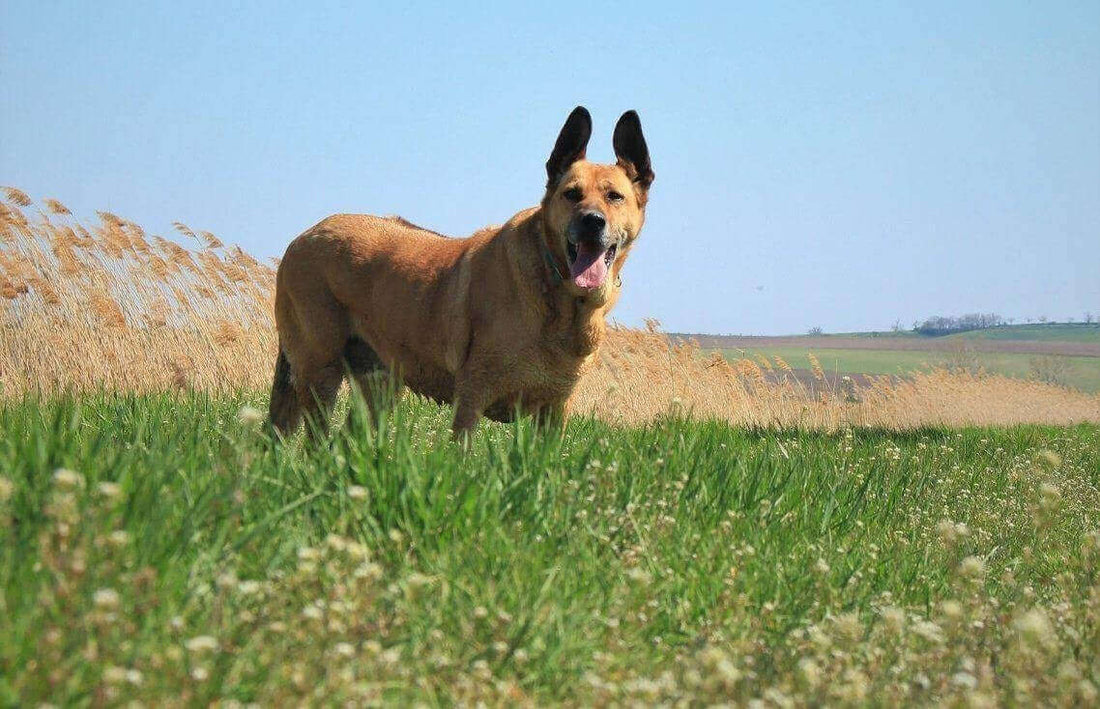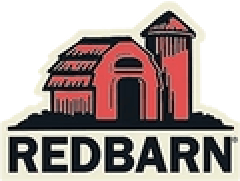
Debunking the Myths About Grains
Share
Despite what you may have heard, grains aren’t terrible, nor are they something you should altogether avoid –– unless your pup has food-specific allergies or your vet says so, of course. But what exactly are grains, and why are they in your dog’s food in the first place?
What Are Grains?
Grains, or cereal grains, are edible seeds from plants. Pet parents often struggle to choose between grain-friendly diets vs. grain-free diets because of various health concerns and a lot of misinformation.
Let’s take a look at some of the myths around grains in an effort to remove some of the mystery and help you make the best choice for your pup!
Myth: Grains Are Fillers
Have you heard grains are just used in dog food as a filler to lessen the cost for manufacturers? In reality, this is far from the truth. Grains in your dog’s food provide a healthy source of key nutrients such as carbohydrates, fiber, vitamins and minerals in your dog’s diet. Check your dog food label for whole grains like brown rice, barley, rye or oats or even ancient grains like chia, quinoa, teff, spelt, kamut or millet.
What Are Fillers In Dog Food?
A very scary word –– fillers –– sound like something you would add to your skincare routine to shave off 20 years. When we hear of this word in dog food, we associate it with unhealthy dog food formulas. However, even the Association of American Feed Control Officials (AAFCO) doesn’t offer an official definition for fillers.
We believe it’s best to choose a food with an abundance of quality ingredients that provide protein, fat and other essential nutrients.
Myth: Dogs Can’t Digest Grains
Actually, they can! And guess what? Your dog not only can digest grains, but they use carbohydrates and fiber in the diet to help stay healthy.
Dogs use carbohydrates from their food for energy. Because dogs have lived in close proximity to humans for thousands of years, their bodies have evolved to be more efficient at digesting and absorbing the carbohydrate nutrition provided by grain ingredients.
In addition, fiber from grains helps promote healthy digestion. Gut health is super important for your dog, and fiber helps promote this in two ways: through soluble and insoluble fiber.
Soluble fiber slows digestion by attracting water and turning it into a gel. It’s responsible for releasing gas, and when it’s broken down in the large intestine, it helps provide a great source of energy. It also increases the good bacteria in the gastrointestinal tract (a natural prebiotic!).
Insoluble fiber helps digested food move through the digestive tract, and it does not dissolve in water. If your pup’s stools aren’t moving consistently, insoluble fiber helps to get things flowing, making it helpful in preventing constipation.
Where Are These Fiber Sources Found?
Soluble
- Nuts
- Seeds
- Barley
- Fruits
- Vegetables
- Lentils
- Oatbran
- Beans
- Peas
- Tomato Pomace
- Beet Pulp
Insoluble
- Whole Grains
- Whole Wheat
- Vegetables
- Wheat Bran
- Miscanthus Grass
Your dog needs a healthy mix of both types of fiber, making grains not so questionable after all. But be sure to always read the back of your dog food label to check the type of grain –– whole or ancient for the win!
Myth: Grains Will Cause My Dog To Gain Weight
If your pooch’s belly is getting a little too round and they are struggling during their morning walks, it might not be just because they are eating a grain-friendly diet. Just like us, consuming more calories than are being burned during daily activities leads to weight gain.
Contributors To Doggy Weight Gain:
- Lack of exercise
- Overfeeding
- Feeding for the wrong life stage (for example – feeding puppy food to a senior dog)
- Unknown Illnesses
- Breed
- Hypothyroidism
- Feeding treats in excess
- Treating with table scraps
Always be mindful of any veterinarian recommendations for your dog’s specific breed and dietary needs.
Complete and Balanced Diet
Feeding a well-balanced diet is vital and is the best way to approach your decision whether or not to feed grains. As you are reading your food labels, don’t be afraid when you see grains. Instead, pay attention to the nutrient content and intended life stage of the food. Moderation is key, so a healthy balance of proteins, carbohydrates, fats, vitamins, and minerals is the perfect equation for your special loved one.

